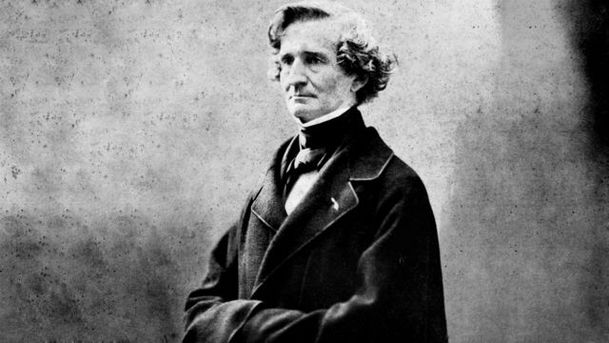Composer of the Week - Hector Berlioz (1803-1869) - Episode 5

Donald Macleod explores the music of Hector Berlioz in conversation with Sir John Eliot Gardiner, in this Composer of the Week 'special' recorded at the celebrated conductor's Dorset farm. For Gardiner, Berlioz is perhaps the greatest of French composers, and he speaks with a lifetime's experience of studying and performing this remarkable music. Today's programme, the last of the week, is devoted to what many consider to be the summit of Berlioz's achievement - his gargantuan opera Les Troyens. And here we must be thankful for the influence of Dr Berlioz, who infected his son, as a young boy, with a love for the tales of towering passion, of gods and goddesses, of heroes and villains of Virgil's Aeneid - he even named him Hector. The programme features three extracts from this four-hour epic. Two of them focus on the opera's key couples, Cassandra and Chorebus, and Dido and Aeneas - all of them ultimately doomed except for Aeneas, who eventually sails off into the sunset for his date with destiny - the founding of Rome. The third extract is the famous 'Trojan March' from the end of Act I. John Eliot Gardiner's recording is the only one to feature the original saxhorns demanded by the score, and he relates how he tracked down a complete set in the private collection of a retired Parisian railway worker, whose apartment near the Gare du Nord was hung from floor to ceiling with historic brass instruments. The sound they make is quite extraordinary.